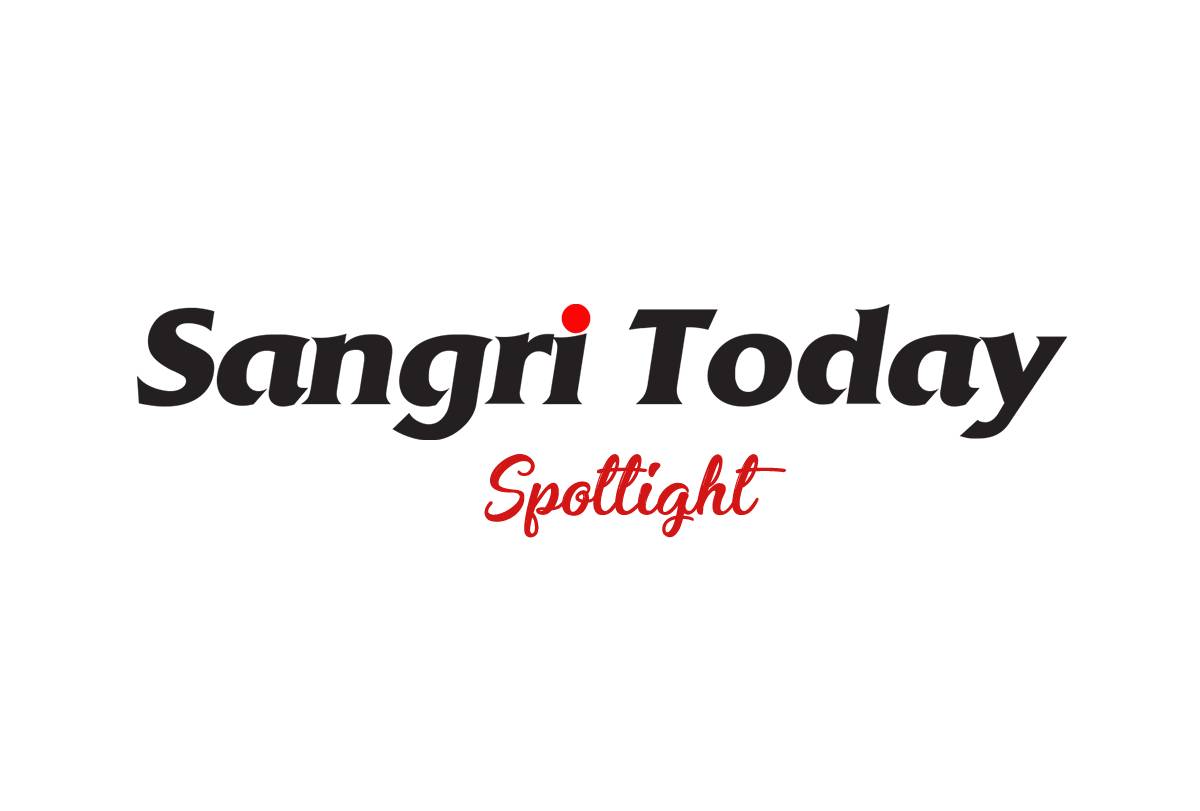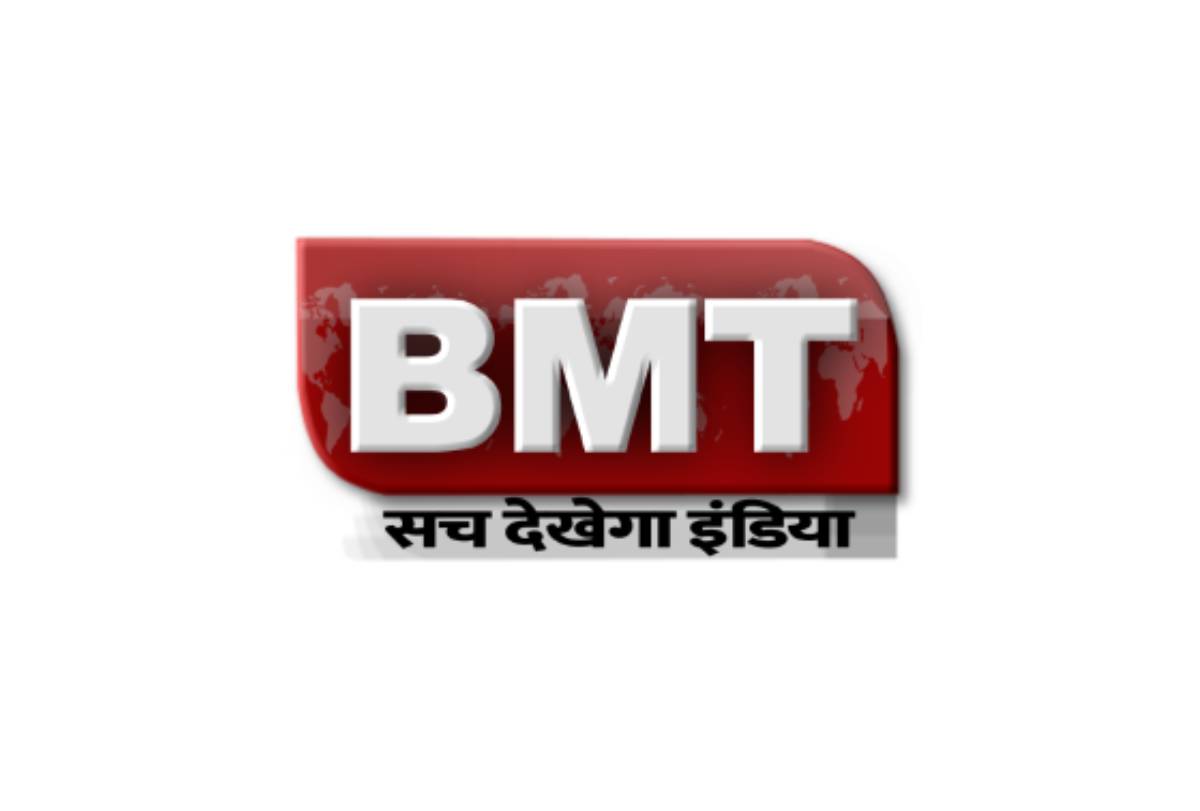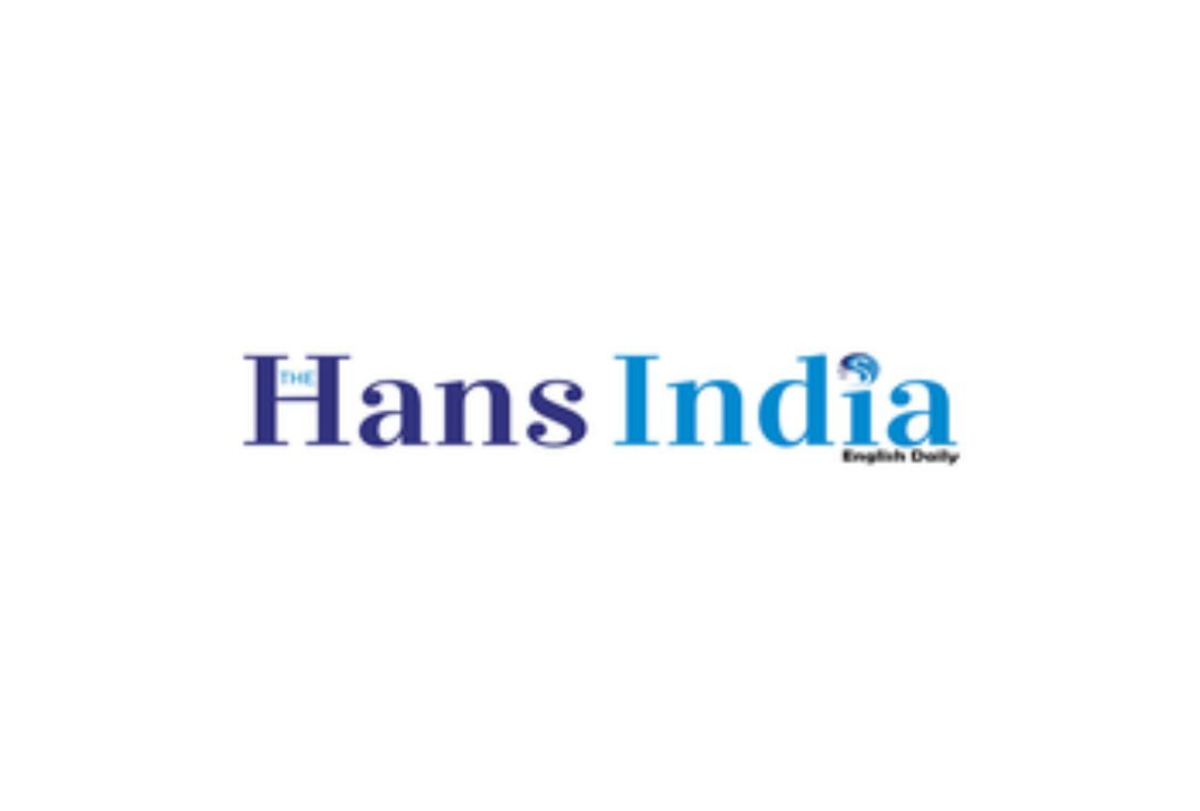New Delhi: “My government has decided to implement the PM Garib Kalyan Anna Yojana in line with the changing circumstances. This is the hallmark of a sensitive and pro-poor government. The government has spent about Rs. 3.5 lakh crore for free foodgrains to the poor under the PM Garib Kalyan Anna Yojana. Today this scheme is being appreciated all over the world”, said President Droupadi Murmu on Tuesday (January 31). The President was addressing a joint sitting of the Lok Sabha and Rajya Sabha ahead of the presentation of the Union Budget on February 1.
On March 26, 2020, after the nationwide lockdown was announced, the Government of India announced the Pradhan Mantri Garib Kalyan Anna Yojana (PMGKAY), providing 5 kg of rice or wheat per person and 1 kg of preferred pulses per household, for free every month to 80 crore people. This was in addition to the regular quota of foodgrains given under the National Food Security Act (NFSA).
Under the NFSA, there are two categories of people receiving subsidised grains:
- Antyodaya Anna Yojana (AAY) which constitutes the poorest of the poor and are entitled to 35 kg of foodgrains per family per month
- Priority HouseHolds (PHH) identified by states, who are entitled to 5 kg per person, per month
- Under NFSA, foodgrains are to be made available at a subsidised rate of Rs. 3 per kg for rice, Rs. 2 per kg for wheat, and Rs. 1 per kg for coarse grains to all AAY households and PHH.
Since March 2020, seven phases of the scheme have been announced, with the scheme in operation for 28 months, as under:
- Phase I and II (8 months): April’20 to November’20
- Phase-III to V (11 months): May’21 to March’22
- Phase-VI (6 months): April’22 to September’22
- Phase-VII (3 months): October’22 to December’22
- For the 28 months that PMGKAY was implemented, a total outlay of approximately Rs. 3.91 lakh crore was sanctioned for 1,118 lakh tons of allocated foodgrain.
Trends In Money Allocation
For Financial Year (FY) 2022-23 Budget Estimates (BEs), the Government of India allocated Rs. 2,17,684 crore to the Ministry of Consumer Affairs, Food and Public Distribution (MoCAF&PD), a 28 per cent decrease from the previous year’s Revised Estimates (REs).
A budget brief by Accountability Initiative, Centre for Policy Research notes,
Food Subsidy is the largest scheme of the Ministry, accounting for more than 90 per cent of the Ministry’s budget in FY 2022-23 Budget Estimates. Under the programme, foodgrains are procured by the Food Corporation of India (FCI) and states from farmers at government notified prices known as Minimum Support Price (MSP). These are then sold at subsidised prices known as Central Issue Prices (CIPs). The difference between the total cost of procurement of foodgrains (MSP and other incidentals) and CIP is provided by the centre as Food Subsidy to FCI. The subsidy also covers the storage cost incurred by FCI in maintaining buffer stocks to ensure food security in the country.
A budget brief by Accountability Initiative, Centre for Policy Research notes,
The Impact Of Pradhan Mantri Garib Kalyan Anna Yojana (PMGKAY)
Dipa Sinha, Assistant Professor, Ambedkar University opines that of all the relief measures undertaken during the COVID-19 pandemic, Public Distribution System (PDS) was the most effective. She said,
Talking to the Banega Swasth India team about the impact of the PMGKAY, Shyamal Santra, Public Health & Nutrition Expert at Transforming Rural India said,
The main objective of the PMGKAY was to not let “anybody, especially any poor family, to suffer on account of non-availability of foodgrains”. It was a safety net for the poor people to sail through the COVID-19 pandemic. Mr Santra said,
Adding to this, Ms Sinha, also an activist, said,
The Way Forward For PMGKAY
In December 2022, before the end of phase-VII of PMGKAY, the Central government announced that it will provide free foodgrains to about 81.35 crore beneficiaries under the National Food Security Act (NFSA) for one year from January 1.





